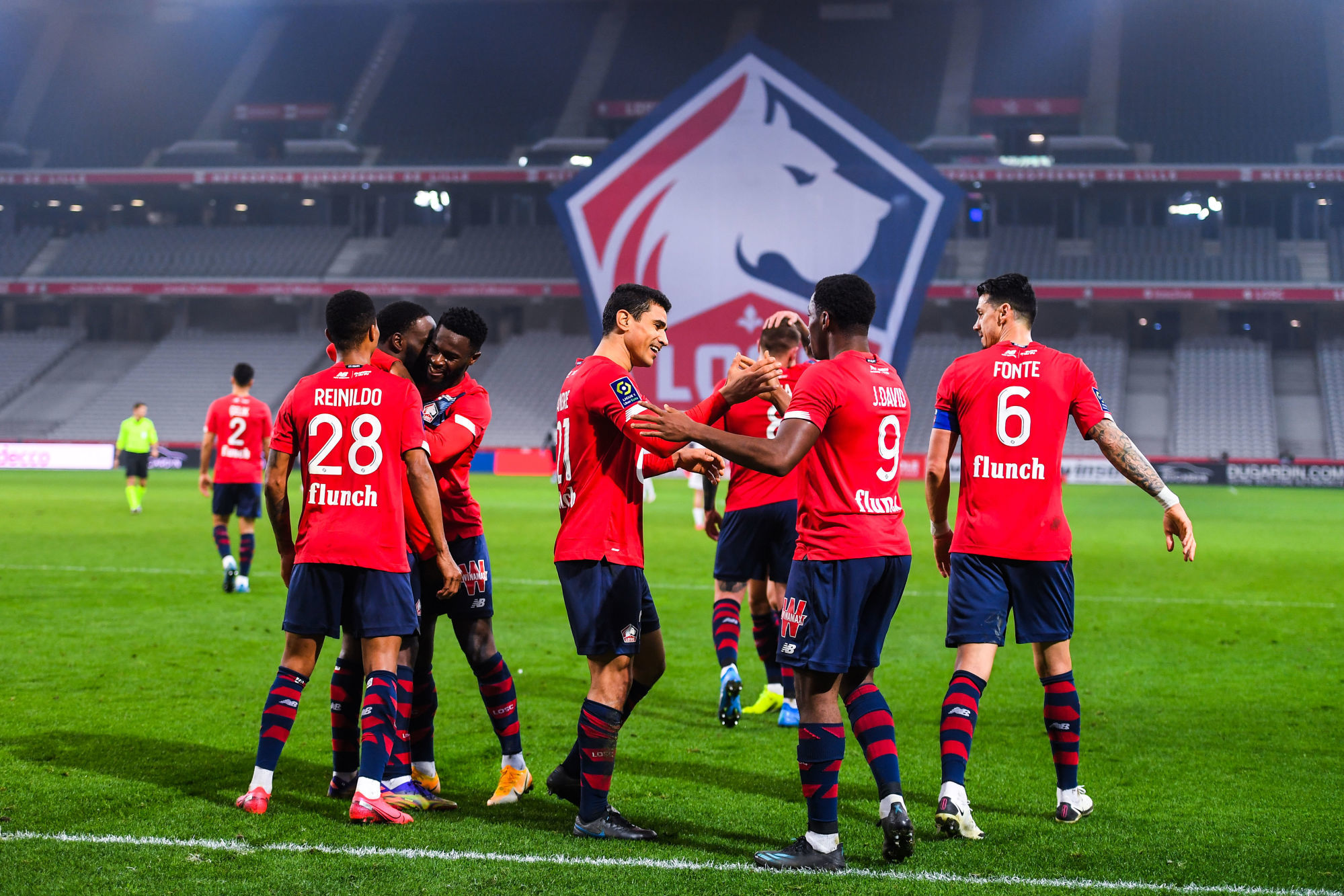
After more than 40 years of operation, DTVE is closing its doors and our website will no longer be updated daily. Thank you for all of your support.
Canal+ right to be aggrieved over Ligue 1 rights, but Amazon’s cut-price deal is indicative of a shrunk-down market

Never short of drama, the world of broadcasting in French football was once again turned on its head this week as Canal+ threatened to walk out on its broadcast rights deal with the Ligue de Football Professionnel (LFP).
The Vivendi-owned broadcaster won a secondary package of Ligue 1 rights equating to 20% of all total matches. The remainder meanwhile have been given to Amazon, with the US company paying a reported €250-275 million per season for 304 live games.
Canal+ however is not happy to play second fiddle to Amazon, and has made its sentiments very clear.
In a statement, the broadcaster said: “After the failure of the choice of Mediapro in 2018, Canal+ regrets the French professional league’s decision to pick Amazon’s proposal, to the detriment of its historical partners such as Canal+ and beIN Sports.
“Canal+ will therefore not broadcast Ligue 1.”
For its part, the Qatar-based beIN is said to be mulling its options as it balances its historic ties to Canal+ with its international relationship with the LFP in markets like MENA and the US.
It is easy to understand Canal+’s ire. While Amazon is paying a reported quarter of a billion euros per season, Canal+ is paying even more – a total of €330 million per season – for a relatively paltry two matches per week.
As with most things in this industry, this latest controversy boils down to money but rather than being an isolated case it is indicative of broader trends in the market that have caused rights to dramatically drop down in price and Amazon has benefitted as a result.
Post-pandemic blues
The first major indication that we were entering a new era of sports rights was in June 2020 when DAZN and Sky emerged as the winners of cut-price Bundesliga rights.
While the terms were not disclosed, a four year agreement with DAZN is worth a total of €4.4 billion. In gazumping Sky as the league’s primary broadcaster for the coming 2021/22 season, DAZN committed slightly less than the €4.64 billion previously paid by the Comcast-owned Sky.
Things went from bad to worse for the German league in September, when it was revealed that the total value of its international broadcast contracts for the recently-wrapped 2020/21 season were down by 20% from the €250 million generated in overseas sales the season before.
This was a familiar story across Europe’s big leagues, with Italy’s Serie A similarly losing value. As in Germany, DAZN emerged as the domestic rights winner at a reported €2.5 billion for the three-year contract. This came following a second round of bidding, after no broadcaster was willing to meet the league’s demands of €1.15 billion per season.
In both of these cases, the rights value dropped with the commercial uncertainty of the pandemic having a significant impact. The commercial uncertainty that stopped the likes of Amazon and Discovery’s Eurosport from seriously considering the major rights in Germany and Italy also had an inherently negative impact on the valuation due to a lack of competition.
The exception to the rule however is the English Premier League, which (as I’ve previously covered at length) renewed its pre-existing deals with Sky, BT and Amazon for £4.8 billion. This represents a slight dip from the previous rights deal, but the league – backed by the British government – skipped its normal rights tender process in order to prevent hundreds of millions being wiped off the value.
However, it would be overly reductive to entirely blame the pandemic on the reduced rights valuations across the board.
Piracy impact
Back in October 2019, nobody knew about the coming impact of the Covid-19 pandemic. In fact, official publications from the WHO reported the earliest onset of symptoms as December 8 2019.
So unless he had some sort of palantír for gazing into the future, beIN Media Group CEO Yousef Al-Obaidly would have had no idea quite how prescient his statement that the “media rights bubble is about to burst for sports,” would be when he was speaking at a Leaders in Sport event in October.
The executive was not speaking about a looming pandemic however, and instead on the crushing impact of piracy on the business of sports broadcasters. While the state-sponsored beoutQ campaign has ceased since Saudi Arabia lifted its trade blockade against its gulf neighbour, the fact still remains that piracy is having an impact across the industry.
Piracy isn’t just limited to MENA however – it is a phenomenon impacting the entire world. A report this week from Mediavision showed that 14% of all people aged 15-74 in the Nordics have illegally streamed or downloaded content within the past month, translating to 2.9 million people.
Authorities are working overtime – particularly given the ongoing UEFA Euro 2020 competition – to combat piracy. A successful operation, dubbed Euro Strike 2020 by those involved, shut down more than 600 websites based in Italy that were illegally streaming the competition. This is a success story for sure, but barely the tip of the iceberg in terms of the impact that piracy is having on the industry.
While the pandemic has been blamed for the dips in value the impact of piracy should not be overlooked. It is impossible to determine whether piracy alone would have had the kind of bubble-bursting impact that Al-Obaidly had predicted, but to solely pin the recent issues in rights values on the pandemic is undoubtedly an oversimplification that fails to consider a whole host of other contributing factors.
As for Canal+’s situation, the broadcaster has proved itself to be a vocal negotiator that uses the press as a means of getting what it wants. CEO Maxime Saada previously called for a new bidding process for the Ligue 1 rights and that was accepted by the LFP some days later in January. Saada has long maintained that Canal+ had overpaid for its rights and it is hard to argue, based on the league’s own valuation of the Amazon deal, that the operator is wrong.
While Canal+ has said that it will focus its resources into improving coverage of other competitions like the UEFA Champions League, English Premier League and Top14 rugby union, there will likely be conversations going on behind closed doors seeking a resolution that suits all parties – whether that outcome is decided in a boardroom or a courthouse remains to be seen.




